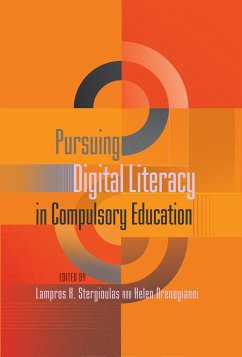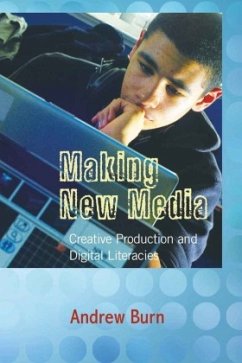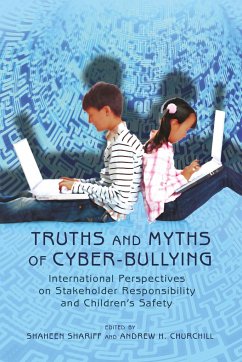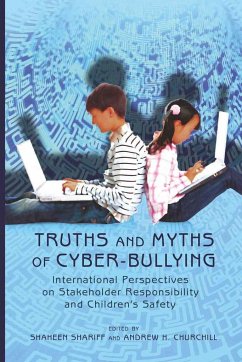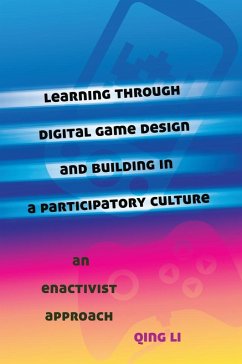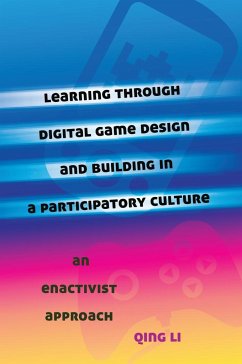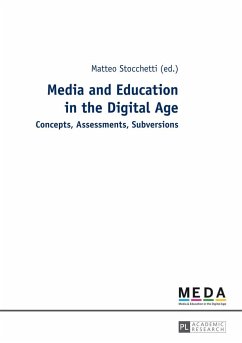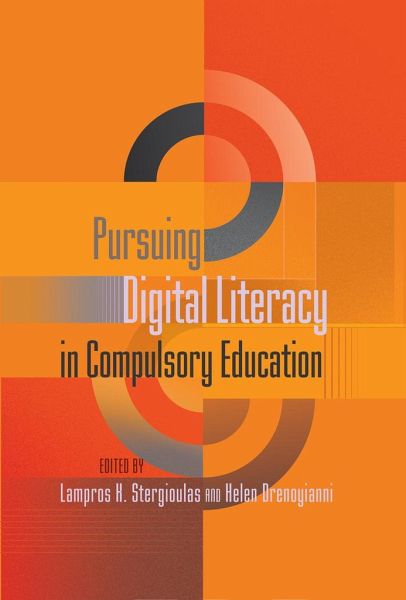
Pursuing Digital Literacy in Compulsory Education
Versandkostenfrei!
Versandfertig in 6-10 Tagen
40,50 €
inkl. MwSt.

PAYBACK Punkte
0 °P sammeln!
Over the last two decades, advances in information and communication technologies (ICTs) have contributed to the ideological construct of an emerging "knowledge society" - one which places a high value on knowledge and education and promises a better future for humanity. However, the severe economic - and by extension, social and political - crisis that occurred at the end of 2008, which brought about rising unemployment and threatened social welfare, has changed the view of an ever-prospering society riding the ICT/knowledge wave, forcing it to face a sudden reality check, and to reconsider i...
Over the last two decades, advances in information and communication technologies (ICTs) have contributed to the ideological construct of an emerging "knowledge society" - one which places a high value on knowledge and education and promises a better future for humanity. However, the severe economic - and by extension, social and political - crisis that occurred at the end of 2008, which brought about rising unemployment and threatened social welfare, has changed the view of an ever-prospering society riding the ICT/knowledge wave, forcing it to face a sudden reality check, and to reconsider individualism and its consequences, cynicism and greed. In these circumstances, it is likely that people will attempt to rediscover their values and visions and to redefine their hope for the future. As has occurred at other, similar historical junctures, the years that follow such a reexamination could usher in a period of radical economical and societal transformations. It is within this context - the universal desire to reinstate and reposition our hope for a better future, and hence to promote a transformative vision of education - that the aims and themes of this book lie. Digital technology and digital media are inevitably and inextricably part of our future, a future which is literally defined by the way we educate our children. As such, the aim to provide digital literacy for all depends upon the re-construction of the school.



